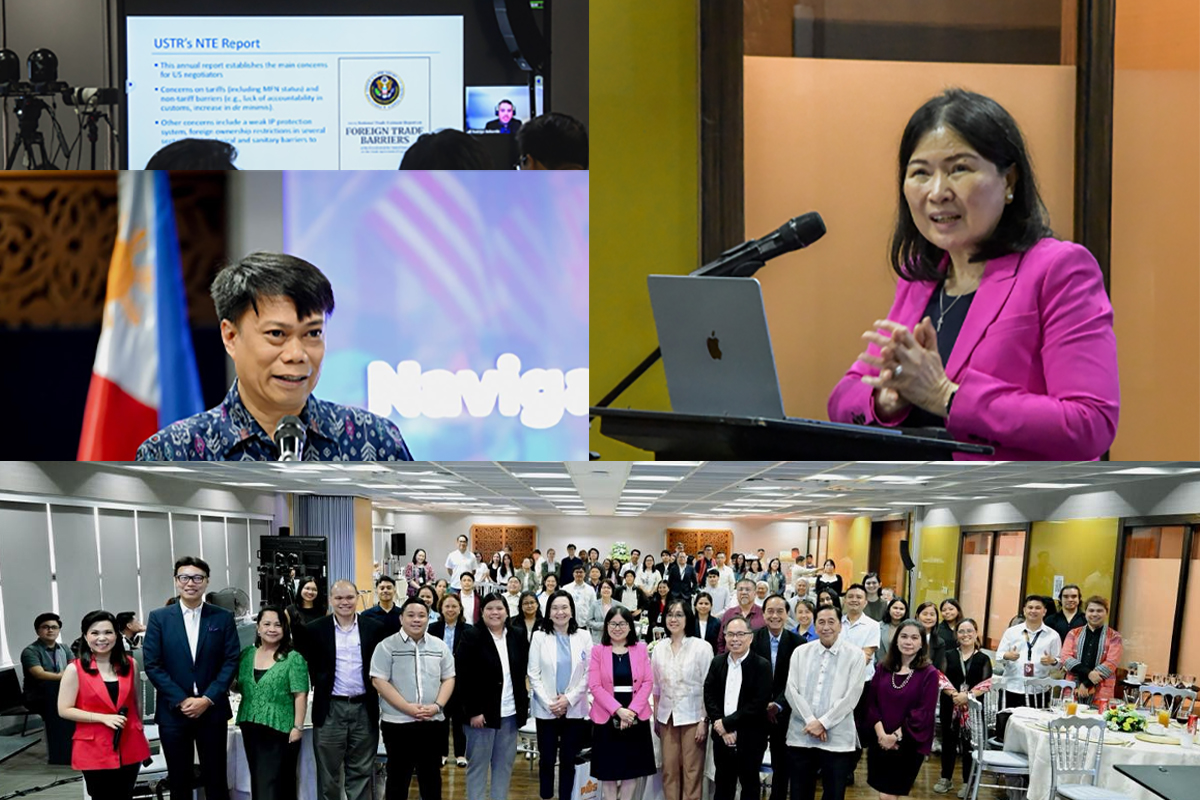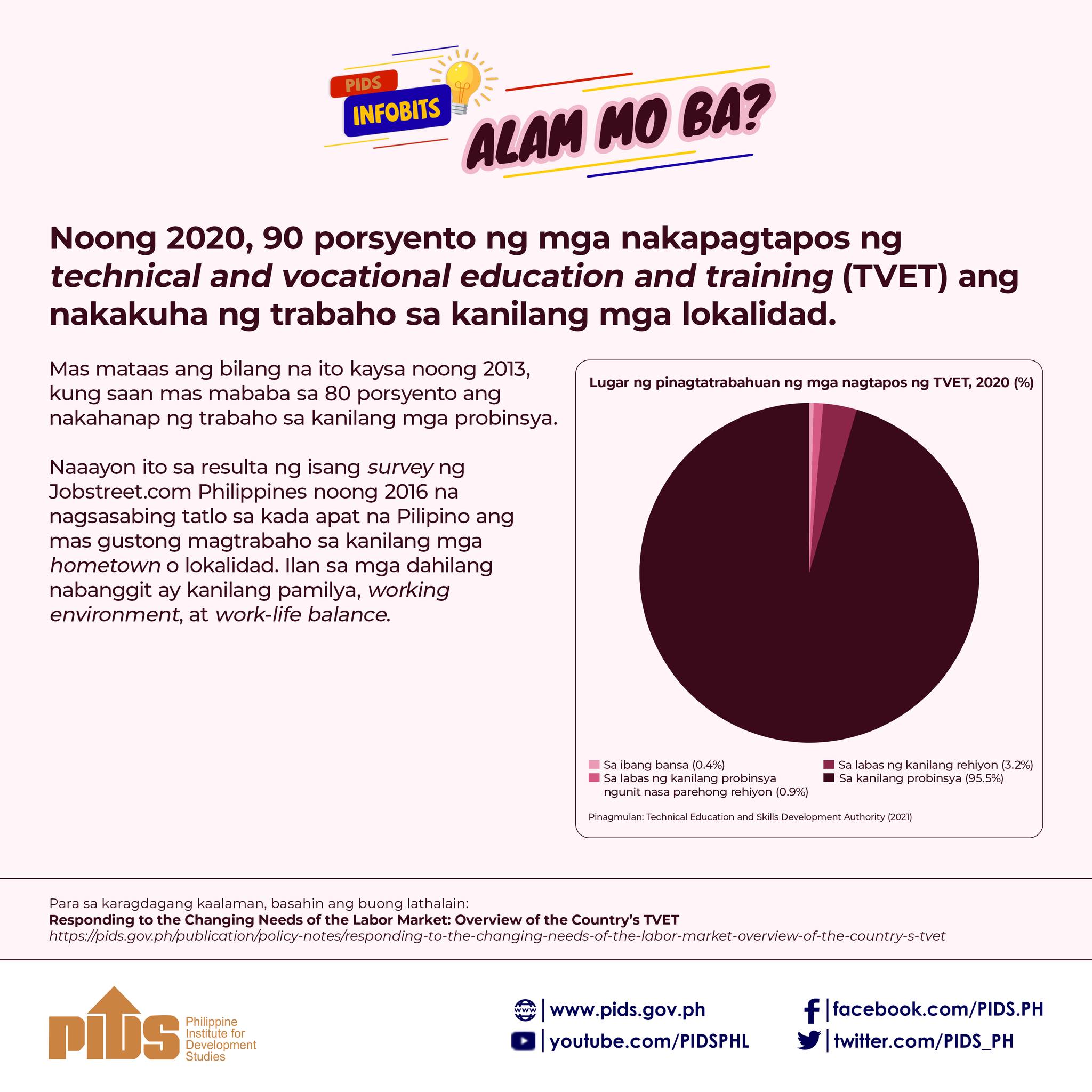Despite the growing reliance of manufacturing industries on service inputs, the Philippines has been falling behind many of its regional neighbors in global value chain (GVC) participation.
The Philippine manufacturing sector has struggled with GVC participation, even though the country has a thriving services economy and is a leading exporter of services.
A new study by the Philippine Institute for Development Studies (PIDS) has found that servicification, or the increasing reliance of manufacturing industries on service inputs like logistics, research and development, design, marketing, and after-sales support, is key to enhancing the GVC participation of Philippine manufacturing industries.
“With servicification, rooted in the development of high services content in goods, becoming a major path to competitiveness in light of the emergence of new technologies, it would be important to assess whether servicification could indeed be a strategy for enhancing GVC participation and upgrading, especially in important sectors such as electronics,” the study said.
The study found that the value-added contribution of services in local manufacturing exports has been on par with those of regional neighbors and important trading partners. However, Philippine manufacturing exports have had relatively lower percentages of modern service inputs, such as ICT, finance, and business services.
The PIDS study found that ICT services accounted for only 10 percent of the value added in Philippine manufacturing exports, compared to 15 percent in Vietnam.
“With its close association with digitalization and technology adoption, the lower shares of modern services could pose issues in facilitating the country’s integration and upgrading in electronics GVCs,” the study said.
The study also found that research and development (R&D) activities have been evidently limited among manufacturing firms in the country.
“Only a small number of observations had R&D expenditures and R&D personnel,” it said. “Moreover, these R&D activities only constitute a marginal fraction of firm operations.”
The study recommended specific government actions to strengthen linkages with modern services, such as providing tax incentives for investments in ICT infrastructure, streamlining regulations for business process outsourcing firms, and creating programs to foster collaboration between universities and manufacturing companies.
It also recommended that the government should assist micro, small, and medium enterprises (MSMEs) in identifying service activities that they could perform in complement to the goods they sell.
While the Philippines faces challenges, there are also examples of successful servicification in the country.
For instance, the growth of the IT-business process management (IT-BPM) industry has provided critical support to manufacturing companies by offering back-office services, customer support, and data analytics.
The study also highlighted the need to intensify R&D and innovation activities in the country.
“The Philippines could benefit from the upskilling of workers, as well as promoting science, technology, engineering, and mathematics (STEM) programs in higher education institutions,” it said.
The study added that the Philippines needs to consciously and strategically leverage its servicification potential to enhance its GVC participation.
“Drawing from the empirical findings, we posit the need to develop the country’s modern services sectors, and strengthen their linkages with manufacturing industries,” it said.












